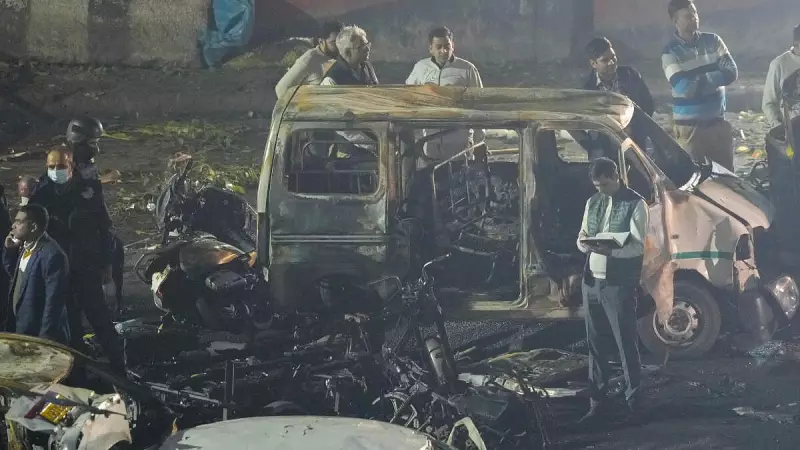
A Nation Tested: The Shadow of Terror Attacks
India's modern history has been profoundly marked by a series of devastating terror attacks that have scarred its cities and stolen countless innocent lives. These coordinated blasts, spanning over a decade and a half, targeted public spaces, religious sites, and transportation hubs, leaving behind a trail of grief and a nation resilient in the face of adversity.
The Chronology of Carnage: Key Incidents
The wave of violence began in a massive way on March 12, 1993, when a coordinated series of 12-13 bomb blasts ripped through Bombay, now Mumbai. This attack set a tragic precedent for the years to come.
Subsequent years saw the terror spread to other urban centers. Coimbatore was targeted on February 14, 1998, followed by the Varanasi serial blasts on March 7, 2006. The year 2007 was particularly grim, witnessing two major incidents: the Samjhauta Express bombing near Diwana, Panipat, on February 18, 2007, and an attack on the Makkah Masjid in Hyderabad on May 18, 2007.
The violence continued with twin blasts in Hyderabad on August 25, 2007. The following year, Ahmedabad was hit by serial blasts on July 26, 2008. One of the most prolonged and horrific sieges in recent memory was the Mumbai attacks from November 26 to 29, 2008, where terrorists held the city hostage for days.
Legacy and Resilience
Each of these tragic events represents a deep wound on the nation's psyche. The serial blasts were not just attacks on physical infrastructure but assaults on India's spirit of unity and peace. The memory of the lives lost continues to fuel a national commitment to security and a collective vow to stand against terrorism. The resilience shown by the people of Mumbai, Hyderabad, Ahmedabad, and other affected cities remains a powerful testament to the unbreakable spirit of India.





